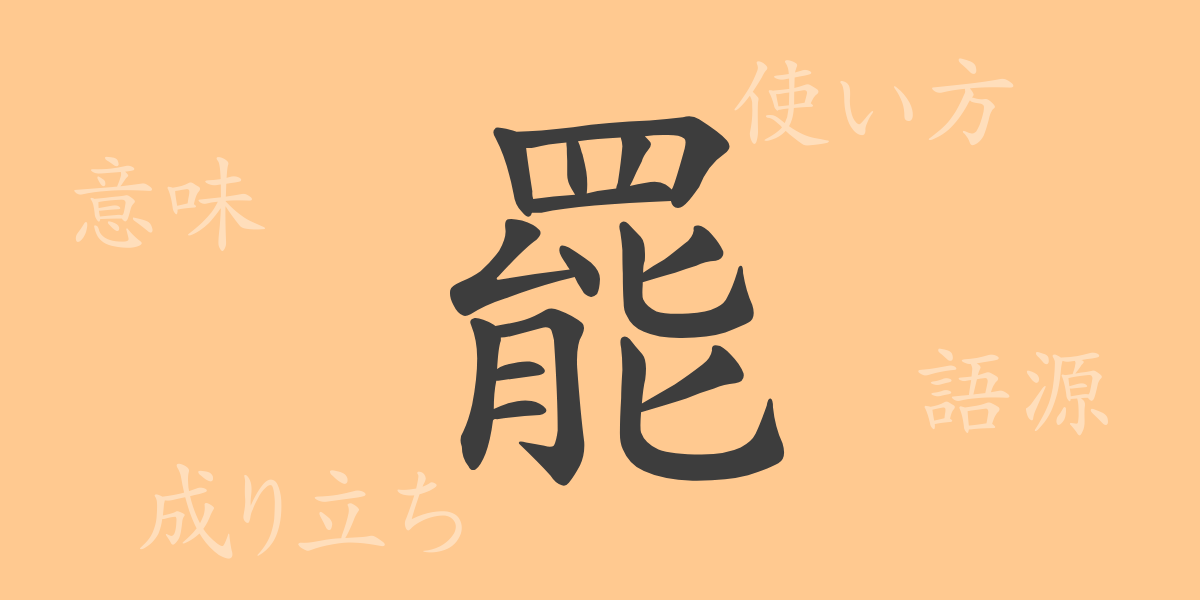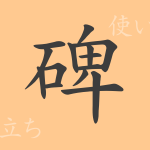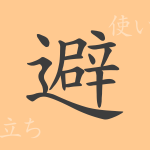In the Japanese language, there is a wealth of kanji characters, each with its own unique history and meaning. This article focuses on the common kanji character “罷(hi)” and delves into its origins and modern usage. Although it may seem unfamiliar at first glance, this kanji plays an important role in Japanese culture and language. Let’s step into the world of “罷(hi)” through this article.
Origins of 罷(hi)
The origin of the kanji “罷(hi)” dates back to ancient China. It was initially related to the character “更(geng),” which was used to mean “furthermore.” However, as time progressed, “罷(hi)” established itself as a kanji with its own unique meaning, particularly signifying the resignation from an official position or the termination of a command. This evolution illustrates how language adapts with societal changes.
Meaning and Usage of 罷(hi)
In modern Japanese, “罷(hi)” is primarily used to mean “to quit” or “to resign.” It is often used in contexts indicating resignation from an official position or the cessation of something. Additionally, the imperative form “罷れ(ha.re)” is used to command someone to stop something.
Reading, Stroke Count, and Radical of 罷(hi)
The detailed information about the kanji “罷(hi)” is as follows:
- Reading: In On’yomi (音読み), it is read as “ヒ(hi),” and in Kun’yomi (訓読み), it is read as “まか.り-(maka.ri-).”
- Stroke Count: “罷(hi)” is a 15-stroke kanji.
- Radical: The radical is “网(ami.gashira),” which means “net.”
Compounds, Idioms, and Proverbs Using 罷(hi) and Their Meanings
There are numerous compounds, idioms, and proverbs that include “罷(hi).” Here are a few examples along with their meanings:
- 罷免(ひめん, himen): To dismiss someone from an official position. It means dismissal or removal from office.
- 罷業(ひぎょう, higyou): To quit a job or to cease business. It refers to the act of resigning or closing a business.
- 罷黜(ひちゅつ, hichutsu): To remove someone from an official position. It means to discharge someone from their duties.
Summary of 罷(hi)
Through this article, we have explored the rich history and usage of the kanji “罷(hi).” From resigning from an official position to its broader meanings of “quitting” and “ending,” it holds significant importance in modern Japanese. Additionally, as seen in compounds and idioms, it expands the range of expressions within the language. Understanding such individual kanji characters is essential for a deep comprehension of Japanese. Exploring the world of “罷(hi)” can further deepen your understanding of the language.

























